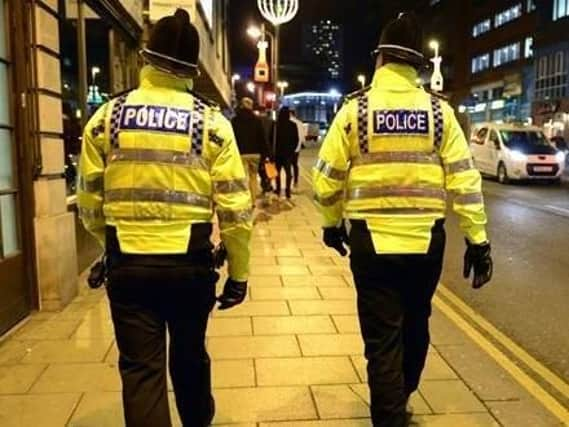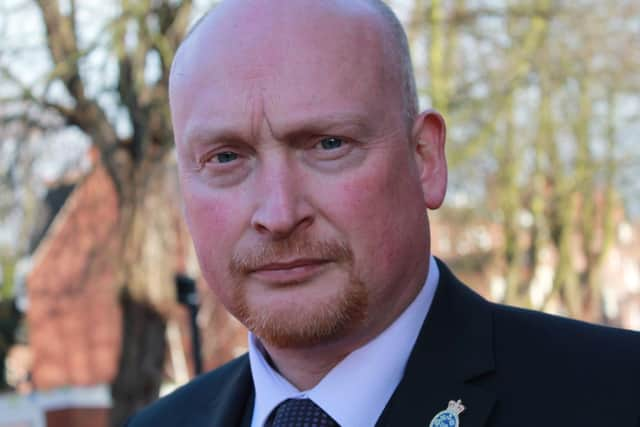'Police pay reforms need to remedy officers' pay reductions before performance-related pay is even considered'


West Yorkshire Police Federation Chairman Brian Booth aired his views after it emerged the National Police Chiefs Council is to start a consultation on performance-related pay.
Mr Booth said it is understood that there is a relationship between policing receiving extra money from the Government for more police officers with the current well-publicised national campaign to recruit 20,000 additional officers, and the service needing to look at reforming officer pay.
Advertisement
Hide AdAdvertisement
Hide AdMr Booth said: "On average, Federated Ranks within the service have lost 20 per cent of their pay over the last decade. This seems to have been forgotten.


"I hope these pay reforms reflect this as a priority and are favourable to our underpaid members. This needs to be done first before we introduce change that will already have officers feeling cynical.
"I hope we tread carefully as a service in relation to this matter. Our workforce does not have the emotional flex or appetite for gung ho and ill thought out ideas that affect officer pay."
Mr Booth said his biggest concern is around how productivity will be linked to pay and how it will reflect negatively on public confidence.
Advertisement
Hide AdAdvertisement
Hide AdHe said: "Going back to productivity monitoring days, we had Key Performance Indicators for the likes of stop and search, resulting in accusations that it was being misused.
"Imagine if this was a productivity output for a pay award.
"We also have to be careful that we don't start another administrative burden whilst compiling this data: that again could have an impact on budgets and valuable resources.
"We will be watching carefully as these plans are put together and hope that some common sense is brought into the mix."
Chiefs are also considering moving from the current seven stages of PC pay as part of moves away from the traditions of omni-competent officers being paid for time served. Pay would now be based on four stages: Training, Foundation, Competent, Advanced.
Advertisement
Hide AdAdvertisement
Hide AdMr Booth said there are fears about whether these moves will lead to officers chasing targets to ensure being appropriately remunerated and how police officer performance will be judged.
A three-month consultation period on the Chief’s proposals will start in October before any new pay structure plan is put forward by the National Police Chiefs’ Council to the Police Remuneration Review Body.
The plans emerged from a session led by Chief Constable Matt Jukes on pay and productivity at the Police Superintendents’ Association Conference.
The South Wales Chief and NPCC Lead on Pay and Conditions told delegates that the Treasury still believes police officer pay remains unreformed – despite the Winsor Reforms of 2011.
The NPCC has been contacted for a statement.